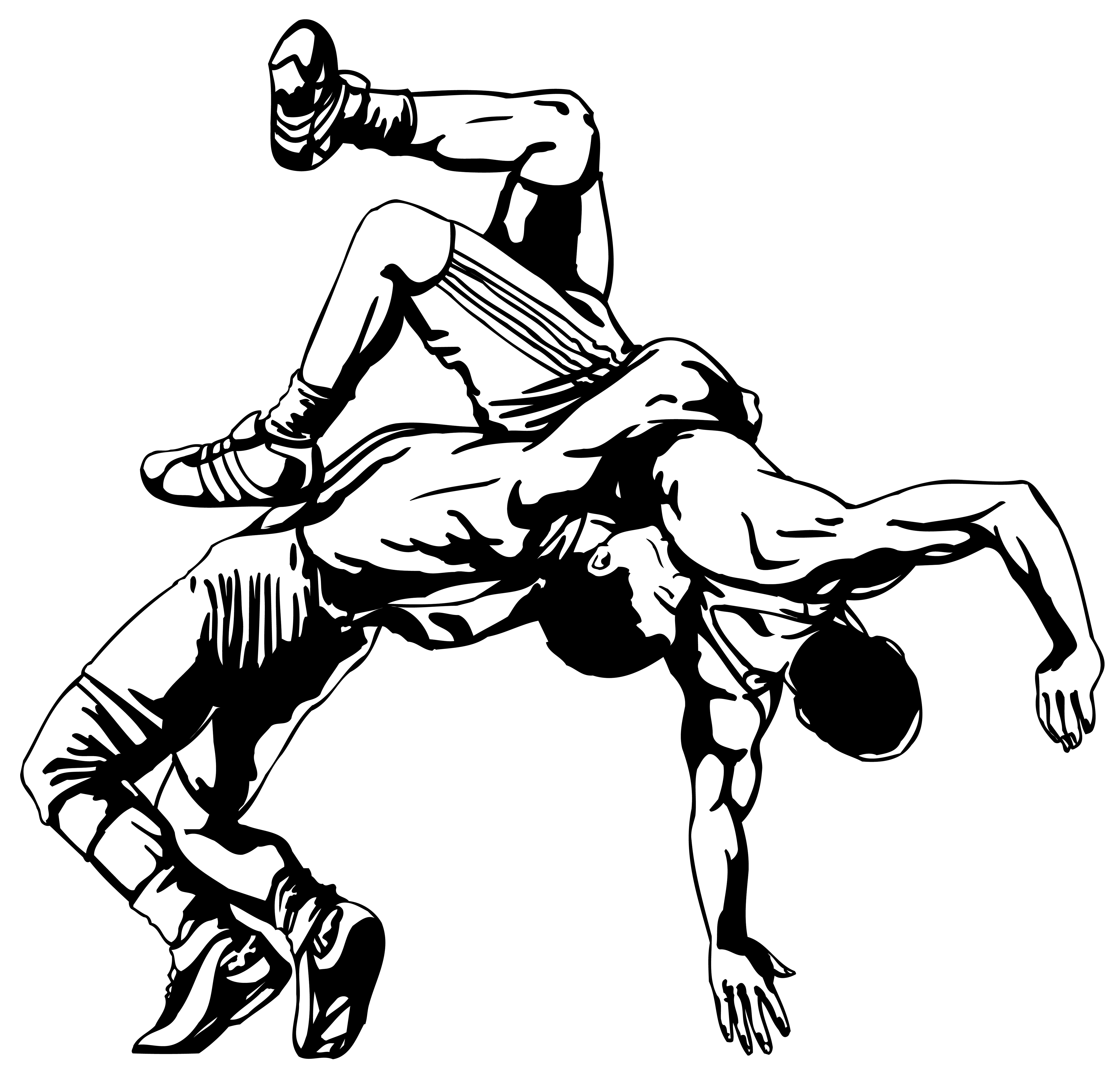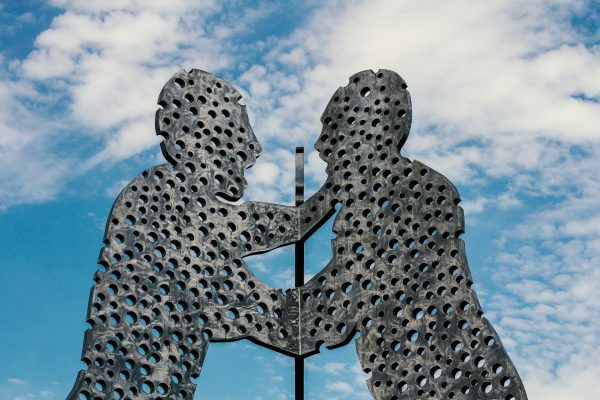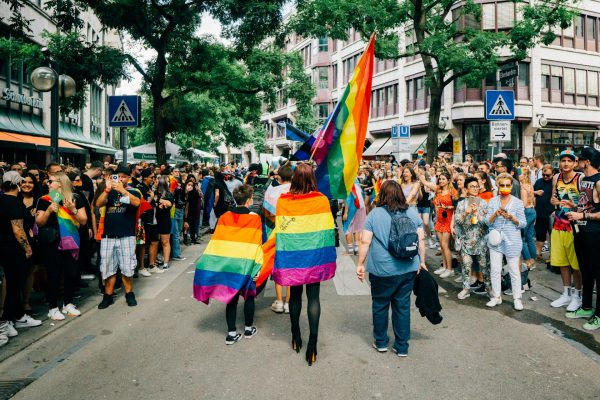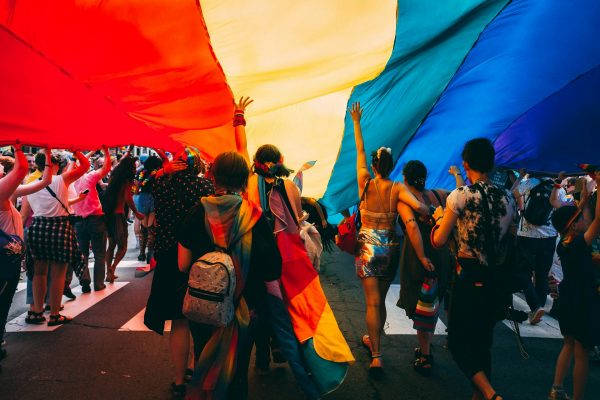I’ll admit it: I love wrestling. I’m an unashamed Smark (a smash-up of the words ‘Smart’ and ‘Mark,’ a term meaning someone who loves wrestling and is interested in technical and behind-the-scenes aspects as well as in-ring aspects while dismissing Kayfabe–when wrestling promotions try to sell storylines, characters, and some in-ring action as completely “real”). I love pro feds; I love indie feds; I wept a bit when Daniel Bryan bowed out on this Monday’s RAW; I love wrestling. At times, it’s rather hard to reconcile being a fan of professional wrestling as well as an intersectional feminist. This goes doubly when it comes to the WWE (formerly the WWF), which is still grossly misogynistic even after McMahon adopted a “PG-rating” back in the late ’90s. And, despite the Diva’s Revolution, sparked by former WWE Diva AJ Lee and continued by the hashtag #GiveDivasAChance, it truly hasn’t done much besides make WWE’s bias more visible. Luckily, there’s a bunch of federations that tower above the WWE in both quality and content.
Throughout my years as a wrestling fan, I’ve learned a few things that have nothing to do with wrestling. According to the #ProWrestlingHasTaughtMe hashtag floating about Twitter, it has taught other people quite a few things as well.
For example, pro-wrestling has taught me more about bodily autonomy than any class ever did or could; it taught me that regardless of what your passion is, someone will find a way to discredit or insult it; it taught me about ableism within industries (not addressing serious injury can and has led to lifelong physical and cognitive disabilities in some cases, and this reflects other businesses frequent apathy towards disability as well). It taught me why my own disabilities are considered “fake.” Case in point, Mick Foley speaks often about how his trips to the hospitals, severely injured, entail being asked: “but isn’t wrestling fake?” It has taught me about women in male-dominated sports; it has taught me about racism; it has taught me the importance of defending what I love. The list goes on.
And, Pro-wrestling taught me about homophobia, before I even knew what homophobia was. Among the criticisms of wrestling, and me being a fan of it, “it’s gay as hell” has been among the several top one-two-punches. Perhaps, being a Queer youth back when I first became a fan, I subconsciously identified with that; perhaps, as a Queer youth, that was part of what developed my love of the sport. I can’t say for sure.
But, apparently, incredible feats of athleticism is “gay.” Regardless of what is actually happening, and the skill and athleticism involved, heteronormativity says that as long as two (or more) men are largely in contact with each other’s bodies, it’s gay. This is a criticism often expressed when discussing UFC: “sweaty men rolling around on the ground tangled-up together for that long? That’s just homoerotic.” While I’m not a fan of UFC, I understand the frustration such an invalid criticism can cause. While sport-culture seems to play a key role in Toxic Masculinity, sports in which athletes of the same gender clutch one another–though it is part of the sport itself–is just downright unacceptable. So, as we see, full-contact sports are not deemed homoerotic because of the small period of time bodies are in contact and because aggression is involved. This logic is inconsistent. Hockey, for example, is a sport in which players are permitted to clutch each other and fight during the game (to an extent), but it is not viewed in a pejorative manner. Hockey fights are acceptable in the eyes of Toxic Masculinity because players are wearing clothes and bulky pads; skin-to-skin contact doesn’t happen–and that is the distinctive difference.
There is a lack of valid critique of the sport itself. Sometimes gimmicks (characters) are critiqued, sometimes feuds (ongoing fights between wrestlers in character) are critiqued, sometimes angles (storylines or key characteristics of wrestlers or factions) are critiqued, but nearly always in the context of “. . . plus it’s gay as hell.”
WWE Divas, TNA Knockouts, and other women wrestlers are exempt from this critique, instead of facing hypersexualization and the fetishizing of sexual relations between two women, culminating in the unfortunate invalidation of their talent.
However, this is not to say that pro- and indie-wrestling federations aren’t sometimes cheesy, silly, or play to fans. They totally are. Some gimmicks are silly (CHIKARA has a faction of ants–Fire Ant, Soldier Ant, Arctic Rescue Ant, to name a few; their ring gear includes antlike masks with antennae). Some angles are silly (like Shinsuke Nakamura “channeling Freddy Mercury”). Some storylines are downright nonsensical. And some wrestlers are just really awful on the mic. My critique of wrestling critics is not based on claiming wrestling is serious all the time–it’s not, and that’s part of the allure. It’s certainly not for everybody, and that’s totally cool.
My qualms are regarding how heteronormativity is so harmfully pervasive that it prevents people from enjoying enjoyable things, stunts branching-out of interests, discredits incredible talent, athleticism, and humor. It makes LGBTQIA+ identification, or perceived association, a socially acceptable critique of anything and everything. It continues to sustain “Gay” as synonymous with “Bad.” And that is what we are working against.
Post Script: Yet, I am will admit the Dudley Boyz’s diving headbutt low-blow always did seem like a bit too much pain to a bit too many genitals.






